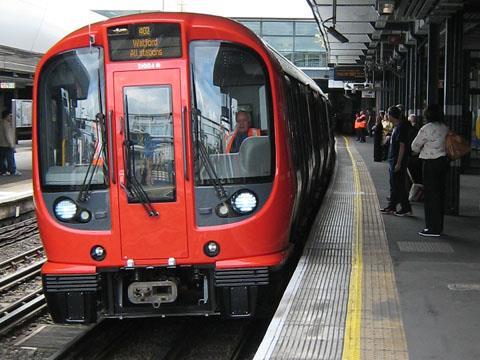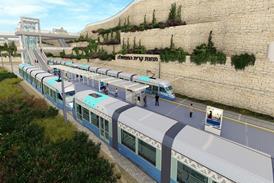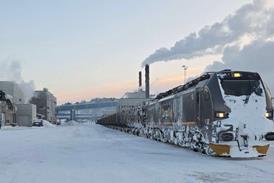
UK: Transport for London announced on August 3 that it had awarded sole bidder Thales a £760m contract to renew the signalling and train control systems on London Underground's Circle, District, Metropolitan and Hammersmith & City lines.
Collectively known as the Sub-Surface Lines, the four large-profile lines form a complex network of interlinked routes with numerous junctions which comprises 40% of the London Underground network and carries 1·3 million passengers/day.
Work is expected to begin later this year. The first increase in capacity would be on the Circle Line in 2021, with the ‘main benefits’ of the project to be delivered by 2022, when the peak train frequency would increase to 32 trains/h in central London. The final improvements would come in 2023, with an increase in peak and off-peak frequencies on the Metropolitan Line.
The deal replaces a £345m contract which TfL had awarded to Bombardier in June 2011. This was terminated in December 2013, with TfL saying the ‘complex nature of the railway’ meant Bombardier's programme ‘was simply not progressing and there was no guarantee it would have worked’. The contract with Bombardier had itself replaced a previous contract awarded by Metronet to Invensys under the London Underground public-private partnership.
The latest contract represents a significant increase in cost, but TfL said it would be 18% less per km than ‘the successful modernisation of the Northern Line which was around half the cost of the Jubilee and Victoria line modernisations delivered under the flawed public-private partnership arrangements, ended by the Mayor five years ago.’
'Once completed, 60% of the London Underground will have been modernised using Thales signalling technology’, said Thales Chairman & CEO Patrice Caine.
The overall budget for Sub-Surface Lines modernisation has been confirmed as £5·41bn, a reduction of £131m from an estimate announced on March 24. This total includes the cost of 191 S-Stock trainsets ordered from Bombardier, and related platform lengthening, track and depot works. The work is to be delivered within the existing TfL Business Plan, and the programme is expected to have a benefit-cost ratio of around 4·7 to 1.
The project ‘will transform the journeys of millions of our customers, significantly increasing service reliability and frequency’, according to London Underground Managing Director Nick Brown. ‘We have a very clear delivery plan and timetable for the work and, as we have done with the modernisation of the Northern Line, we will keep London moving and growing as we do it.’
Once the Sub-Surface Lines have been modernised, work would begin to introduce new trains and control systems for the Piccadilly, Central, Bakerloo and Waterloo & City lines.

















